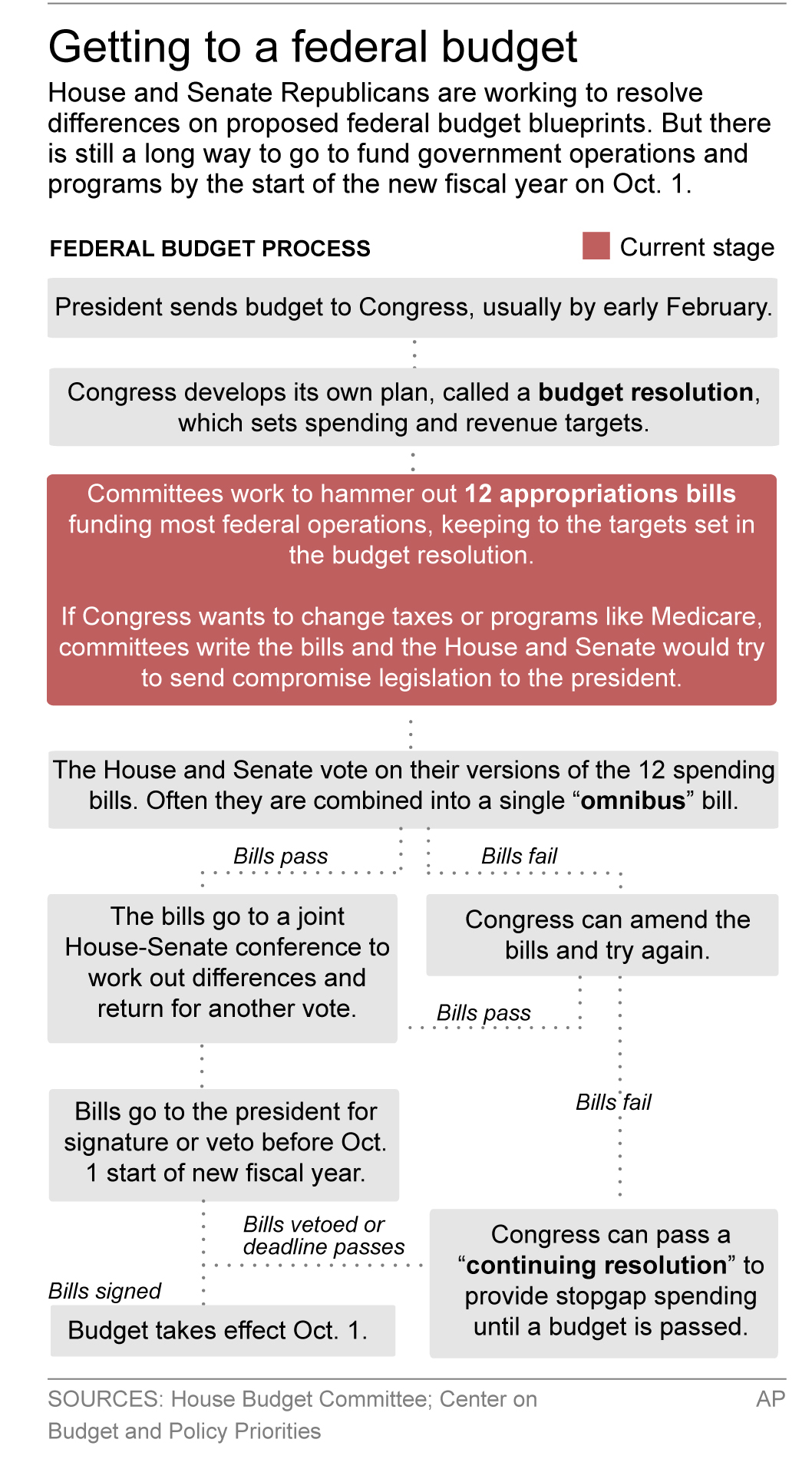Congress is reviewing another round of budget bills in order to raise the debt ceiling. Instead of playing party politics, Democrats and Republicans should come together to prevent another financial crisis and economic default.
They can start by highlighting our nation’s true debt number, which should include Social Security, Medicare and other retirement obligations.
Like Greece, Washington has made many financial mistakes that have affected our economy. These mistakes contributed to the housing market crash in 2008, the Great Recession, the government shutdown of 2013 and, most recently, a lack of funding for the Department of Homeland Security, among others.
Unfortunately, both Washington and Greece continue to report inaccurate financial data, spend more funds than available and lose the trust of their citizens in the process.
At Truth in Accounting, our goal is to educate and empower citizens with understandable, reliable and transparent government financial information. We believe Greece made two main mistakes that are being repeated by Washington right now.
First, Greece reported inaccurate financial data. It did so in order to adopt the euro after joining the Eurozone in 2000. Greece entered transactions with large international banks that helped them meet the Maastricht criteria on paper, but not in reality. This inaccurate data set the country up for fiscal failure.

By excluding large amounts of liabilities on its financial reports, the United States government has likewise reported inaccurate financial data for years. For example, the federal government reports $170 billion of Social Security and Medicare debt when the correct number, including unfunded liabilities, is more than $40 trillion.
The discrepancy is a result of the government using its own accounting rules and not including the vast majority of Social Security and Medicare debt on the federal balance sheet.
Second, Greece has spent more funds than it had readily available. From 2000-07, Greece had one of the fastest growing economies in the Eurozone. However, the country continued to record high budget deficits each year because in order to continue spending, their borrowing had to increase, leaving them in financial turmoil.
Likewise, the United States federal government has spent hundreds of billions of dollars more than it brought in from taxes for years and raised the debt ceiling every time the government reached its spending level. President Obama’s proposed 2016 budget increases total spending from $3.5 trillion in 2014 to more than $4.2 trillion in 2017, adding more than $6 trillion to the public debt.
In both Greece and Washington, these mistakes have eroded the public trust. Inaccurate financial reporting and fiscal imbalances have contributed to a loss of faith in the system and a lack of trust in our two-party system.
In both countries, citizens have reduced their spending and investments during an economic crisis, which only further cripples an already crippled economy. They have lost faith in their countries’ abilities to provide employment opportunities.
Roughly 35 cents of every tax dollar funds retirement benefits and other liabilities, yet the United States federal government does not disclose its liabilities transparently to its citizens. It’s time for Washington to take our finances seriously. We need to acknowledge our current debt, recognize the need for transparency and work across the aisle and across both chambers to balance our budget. The federal government must account for its mistakes, learn from the mistakes of other countries like Greece and use them as lessons for better economic policies.
Sheila Weinberg is the Founder and CEO of Truth in Accounting and is a certified public accountant with more than 30 years of experience in the field. Thinking of submitting an op-ed to the Washington Examiner? Be sure to read our guidelines on submissions for editorials, available at this link.
